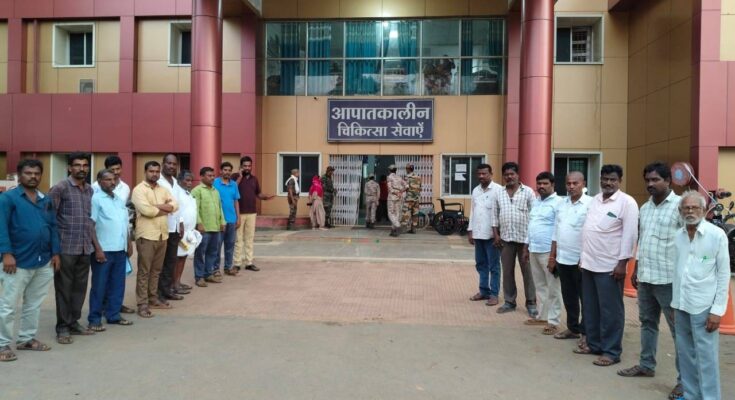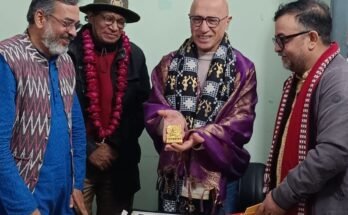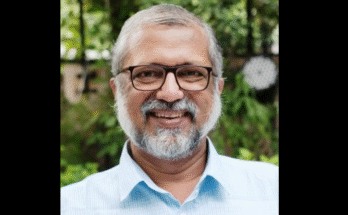The Coordination Committee for Peace expresses grave concern over the continued withholding of bodies of deceased individuals from Andhra Pradesh and Telangana following the operation conducted on May 21 2025 in Chhattisgarh’s Abujhmarh region.
Despite assurances given by the Advocate General of Chhattisgarh before the Hon’ble High Court of Andhra Pradesh on May 24, 2025, that post-mortems would be completed and bodies handed over to families, the remains continue to be withheld. This prolonged delay is causing immense anguish to bereaved families who have travelled long distances to claim the bodies of their loved ones.
Even more alarming are the emerging allegations that the bodies have not been preserved in cold storage and have been left exposed to decay—despite the clear legal and ethical obligation to preserve mortal remains with dignity. Such treatment amounts to a gross violation of medico-legal protocols, dehumanisation of the deceased, and the infliction of further psychological trauma upon grieving families.
We are particularly disturbed that, during court proceedings, the Deputy Solicitor General—appearing for the Union of India—opposed handing over at least two bodies, citing a potential “law and order” issue arising from funeral processions. This justification, which effectively criminalises mourning, is both callous and constitutionally untenable. The families, through senior counsel, had already assured the Court of their willingness to abide by any conditions to ensure a peaceful farewell. Even then, the bodies have being withheld. Such obstruction reflects a contempt for both human grief and fundamental rights.
We are also alarmed by reports that family members, ambulance drivers, and others assisting in this humanitarian process are facing intimidation and obstruction by the authorities. This represents an unconscionable abuse of state power, deepening the trauma of the bereaved.
This delay and desecration is not merely an administrative lapse—it constitutes a blatant violation of constitutional and legal obligations. Article 21 of the Constitution of India, which guarantees the right to life and personal liberty, has been judicially interpreted to include the right to dignity in death. In Pt. Parmanand Katara v. Union of India—and reiterated in numerous subsequent judgments—the Hon’ble Supreme Court unequivocally held that the dignity of a human being does not end with death.
“ We thus find that the word and expression ‘person’ in Article 21, would include a dead person in a limited sense and that his rights to his life which includes his right to live with human dignity, to have an extended meaning to treat his dead body with respect, which he would have deserved, had he been alive subject to his tradition, culture and the religion, which he professed. The State must respect a dead person by allowing the body of that dead person to be treated with dignity …., the preservation of the dead body and its disposal in accordance with human dignity.”
Indeed, several international humanitarian and human rights law impose binding obligations on the Indian State. Article 130 of the Fourth Geneva Convention mandates that the dead be buried honourably, according to their religious rites, and that their graves be respected. Article 16 of Geneva Convention I (1949) requires all parties to protect the killed from ill-treatment, regardless of their political status. The 2005 UN Human Rights Commission Resolution further affirms the obligation to ensure dignified handling, proper disposal, and respect for the families of the deceased—even in contexts of conflict or disaster.
Domestically, the National Human Rights Commission (NHRC), in its 2020 Advisory on the dignity of the dead, issued 11 clear directives for humane handling of the deceased—including time-bound cremation or burial, proper preservation, and respectful transportation.
Since the ongoing failure by state authorities to meet these standards violates every such principle, we demand:
- Immediate release of all bodies to their respective families without further delay.
- Cessation of all forms of harassment directed at family members, ambulance drivers, and support personnel.
- Full implementation of constitutional, judicial, and international obligations relating to the dignity of the dead.
- Adherence to legal protocols for handling the bodies of those killed in counterinsurgency operations, in accordance with domestic and international law.
Every human being deserves dignity in death. The continued detention of these bodies is not only legally questionable but morally reprehensible.
We appeal to the Government of Chhattisgarh to honour its commitment made before the High Court and release the bodies immediately to prevent further deterioration and allow families to bid farewell to their departed with dignity.
In keeping with our constitutional values and humanitarian principles, we demand immediate compliance with legal directives and the unconditional release of all mortal remains to their families.
Press statement on behalf of Coordination Committee for Peace (CCP)
Prof G. Haargopal, Prof G. Laxman, Dr MF Gopinath, Kavita Srivastava, Kranti Chaitanya, and Meena Kandasamy




